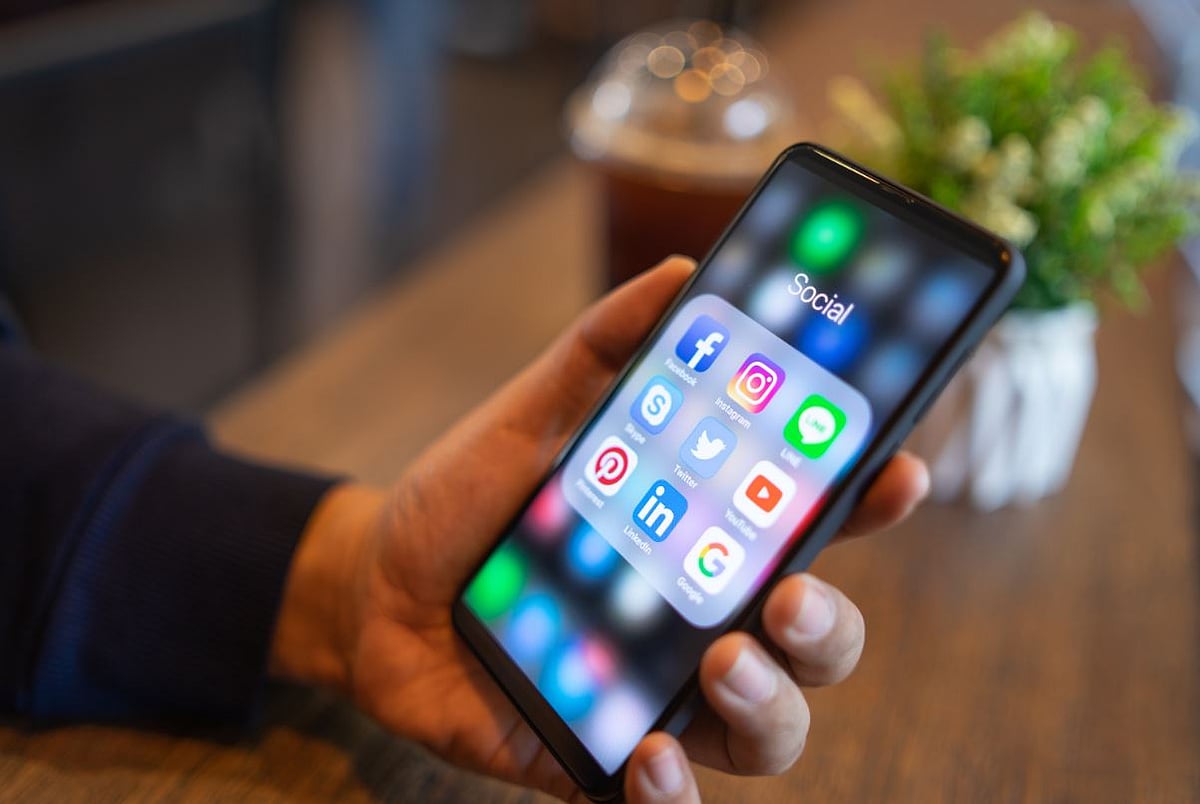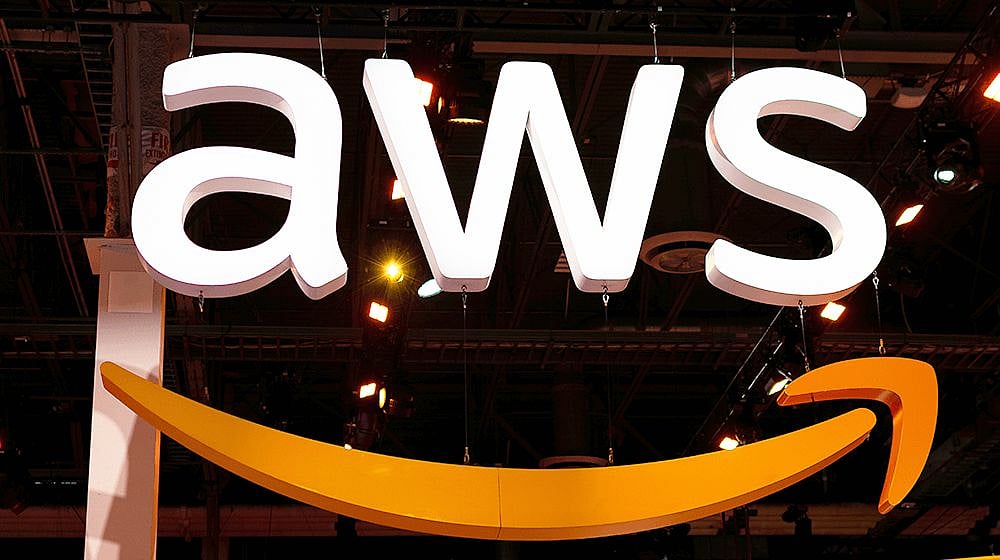If the gloom and doom stories of the past year have taught us anything, it’s focusing on what’s truly important for us. As our digital footprint grows every day, so do issues like fake news, privacy and security concerns. A 2014 Pew survey found that 91% of Americans believe they have lost control over how their personal information is collected and used. These conversations have only grown in the last few years and social media plays a large part in it.
Social media is certainly a potent tool — no doubt about it. Here, thought leaders find their voice, unsung heroes receive recognition, revolutions are ignited. More than ever, social media has blurred the lines between virtual and real — for better or worse. In the hands of the good, of course, we have seen great things. But, the opposite outcome hasn’t always been so great.
This brings us to an important point: What’s the Responsibility of Social Media?
Rather, whose responsibility is it? Platform? Consumers? Brands? Regulators? Short answer: Each one of them! What should all stakeholders do in this scenario? I believe self-regulation is key. Because it’s not just liberating, it’s far more effective.
1. It’s up to the regulator to define the broad policy framework but give room for other stakeholders to self-regulate.
2. Platforms and brands have the most important role — to implement policies and also give onus to the consumers to ultimately decide and grow their own digital communities. There’s a caveat — we live at a time when laws and regulations regarding data collection, privacy, etc. aren’t comprehensive in most countries. And with the virtual world being agnostic to man-made borders — it’s increasingly important for platforms to act as gatekeepers.
It’s up to platforms to ensure that community guidelines are set in a way that people are aware of their responsibilities. This could look like running campaigns that promote responsible sharing. We’re swiftly moving towards technologies that are inadvertently making several decisions on our behalf. We have to use this to our advantage — use them for the implementation of better governance.
3. As the old adage goes — the consumer is king. It’s not for nothing. It’s upon the last person in the value chain to ensure that the quality of content and interactions is self-regulated.
And it’s the responsibility of each stakeholder to create a self-sustained ecosystem where human rights are upheld, criminal activities are prohibited and no harm comes to society at large.
(The writer is the Founder and CEO of WeNaturalists.com)






